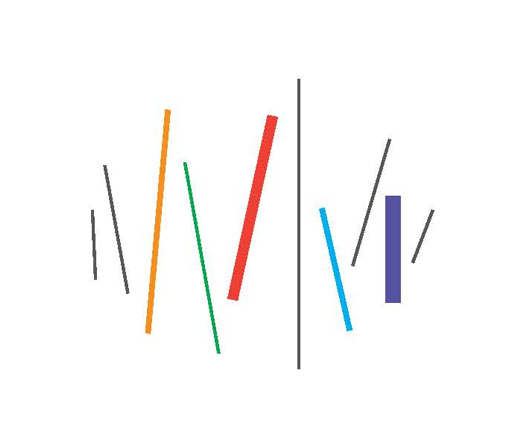Competitive research projects
Minor religious communities as actors of religious changes in Croatian society
About project
Project basics
- Duration: January 2007 - December 2013
- Project code: 100-1001172-1072
Project description
In Croatia and other transitional countries the process of strengthening of traditional church religiosity continues, contrary to the trend of general decline in church religiosity in the West. Characteristic they share with the West is the expansion of new religious movements and different forms and experiences of the sacred. In Croatia, except for the research of a part of communities of Christian provenance conducted in Zagreb (1998-1991), minor religious communities (traditional ones, new religious movements and different forms of postmodern religiosity) were not investigated thus far. This research is consequently primarily focused on them. The goal is to determine how minor religious communities as actors participate in the process of religious change in Croatian society. According to the basic hypothesis, minor religious communities are the actors and an indicator of religious, socio-cultural and multicultural changes in Croatia, which occur under the influence of globalization, modernization and European integration process. The project will also investigate: relations between the state and minor religious communities (normative-real); mutual relations between them and their relation towards major religion; the activity of certain actors that shape public opinion on minor religious communities (media, intellectual, religious, political elite, NGO, lay organizations); the structure and acting of minor religious communities (history, organization, beliefs, practices, activities, relations within them, relation to the secular surroundings); types of religiosity in comparison to the dominant traditional Catholic religiosity; comparative data about traditional religiosity/spirituality in Croatian regions and in a broader European space; the connection between global religious and multicultural processes and the identity of minor religious communities; the bond of their religious and cultural identity with the Croatian cultural identity. Systematization of the gathered data will enable deeper insight into specific qualities of minor traditional and new religiosity/spirituality, and it will contribute to the scientific insight in the phenomenon of religion and religiosity in Croatia. Inclusion of the postmodern theoretical concepts in the comprehension and explanation of religious changes and an emphasis on the qualitative methods more appropriate for the research of small groups are a contribution to the development of sociology of religion in Croatia.
Logo

